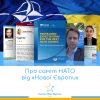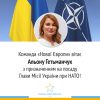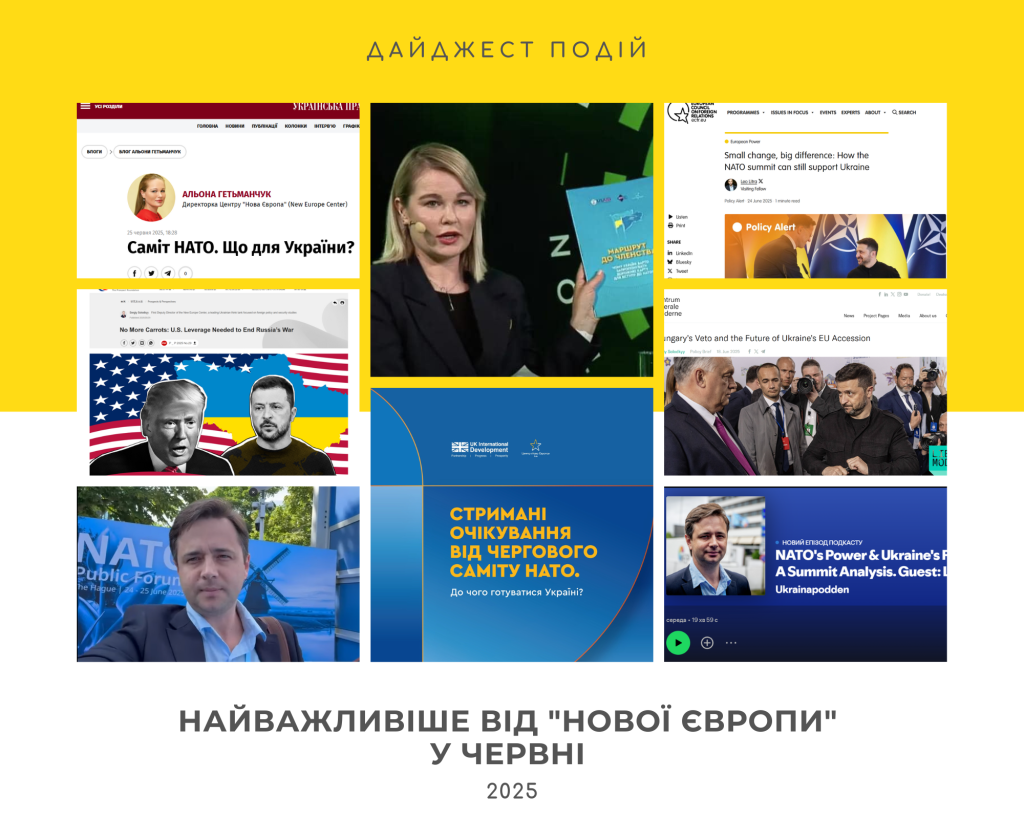Yet a vote on October 9 in the Council of Europe’s Parliamentary Assembly (PACE) will determine whether it will remain an important guardian of the rule of law and human rights, or will render itself toothless and irrelevant.
PACE is the council’s “engine” – representing 800 million Europeans – and the 47 governments of the Council of Europe – represented in the Committee of Ministers – are obliged to respond to its rulings. This week, PACE will consider changes to the Council’s rules that would make any sanctions on member states virtually impossible to apply.
If the changes are passed, Russia, whose voting rights in the PACE were suspended following the annexation of Crimea and the war in Donbass, will be able to return to the assembly in January 2019 in triumph.
This would mark the first time since Russian aggression against the Ukraine began in 2014 that sanctions have been lifted unconditionally by any international organisation. The Western policy over the Ukraine, having been breached once, will be proven worthless.
At least eight resolutions were adopted by PACE, after events in Crimea and Donbass, condemning the actions of the Russian Federation. Yet Russia might be let back into this international club without fulfilling any of them.
Russia’s response, instead of conciliation, was to blackmail the Council of Europe. First, having been deprived of the right to vote, Moscow withdrew its delegation from PACE. Then, in the summer of 2017, it refused to pay its contributions – about seven per cent of the Council’s total. Russia has lobbied to be readmitted without conditions, and is demanding guarantees from PACE that it won’t be subject to any future sanctions. Given Russia’s continued aggression in Ukraine and Europe, and the ongoing suppression of democracy, human rights and freedoms domestically, no such guarantees should be considered.
Russia is acting on the principle that if it can’t change the Council’s policies, it can lobby to challenge its rules and procedures. The proposed mechanism would make it virtually impossible to impose sanctions on any member of the Council of Europe under any circumstances. The Council of Europe will be powerless to influence the behaviour of its member states, Russia included.
The main proponent of Russia’s readmission is the Council Secretary General, Thorbjorn Jagland, influenced by Russia’s refusal to pay its contributions. The effort to accommodate Russian demands enjoys support from some influential member states, including Germany, France and Italy (Ukraine and the United Kingdom are among the most prominent opponents). Supporters argue that if Russia withdraws from the Council of Europe and the European Court of Human Rights, Russian citizens will be left without recourse against domestic human rights violations. But Russia has already removed this protection by granting its Constitutional Court the power to declare judgments of the European Court of Human Rights invalid.
A second reason given for readmission is that the problem will take care of itself. If Russia isn’t readmitted in January 2019, by the summer of 2019, it will be two years since Russia stopped contributing to the Council’s budget which would force its exclusion. This is incorrect. Article 9 of the Council of Europe Statute shows that failure to pay may result in suspension from two bodies of the Council, but not from the organisation as a whole. Russia would still be part of the European Court of Human Rights, and subject to all applicable conventions and decisions. What’s more, there is no clear exclusion procedure described under Article 9 nor the political will to do it.
At the same time, Russia will not consider leaving the Council of Europe of its own volition. According to Ivan Soltanovsky, Russian Permanent Representative to the Council of Europe, “the question of the withdrawal of the Russian Federation from the Council of Europe is off the table,” Thus, Russia’s chances of exclusion from the Council of Europe, by the Council itself or voluntarily, are null.
There are far more actors involved here than the Russian delegation to PACE: there are the members of the Russian Duma, a body which voted unanimously to legitimise President Putin’s annexation of Crimea. And the Duma deputies who have closed their eyes to the serial violations of human rights and the abuse of Ukrainian political prisoners held in Crimea and Russia. Prominent amongst them is Crimean film director Oleh Sentsov, who is illegally detained in a Russian prison. On Satuday, he ended a 144-day hunger strike to demand that Russia release fellow Ukrainian prisoners, after he learnt Russian authorities planned to force-feed him due to his grave condition.
Every national delegation in PACE should ask themselves several questions. Are they willing to trade the values and principles of the Council of Europe for Russia’s contribution to its budget? Are they ready to terminate the Council of Europe’s role as a protector of human rights and the rule of law? Would they be happy to hand the Council of Europe over to Putin as a trophy, rewarding his failure to act on any of the Council’s preconditions? In France and Germany and other EU member states, the rule of law and human rights are not hollow words but genuine principles. We hope these delegations will give serious thought to these questions before the vote on October 9.







